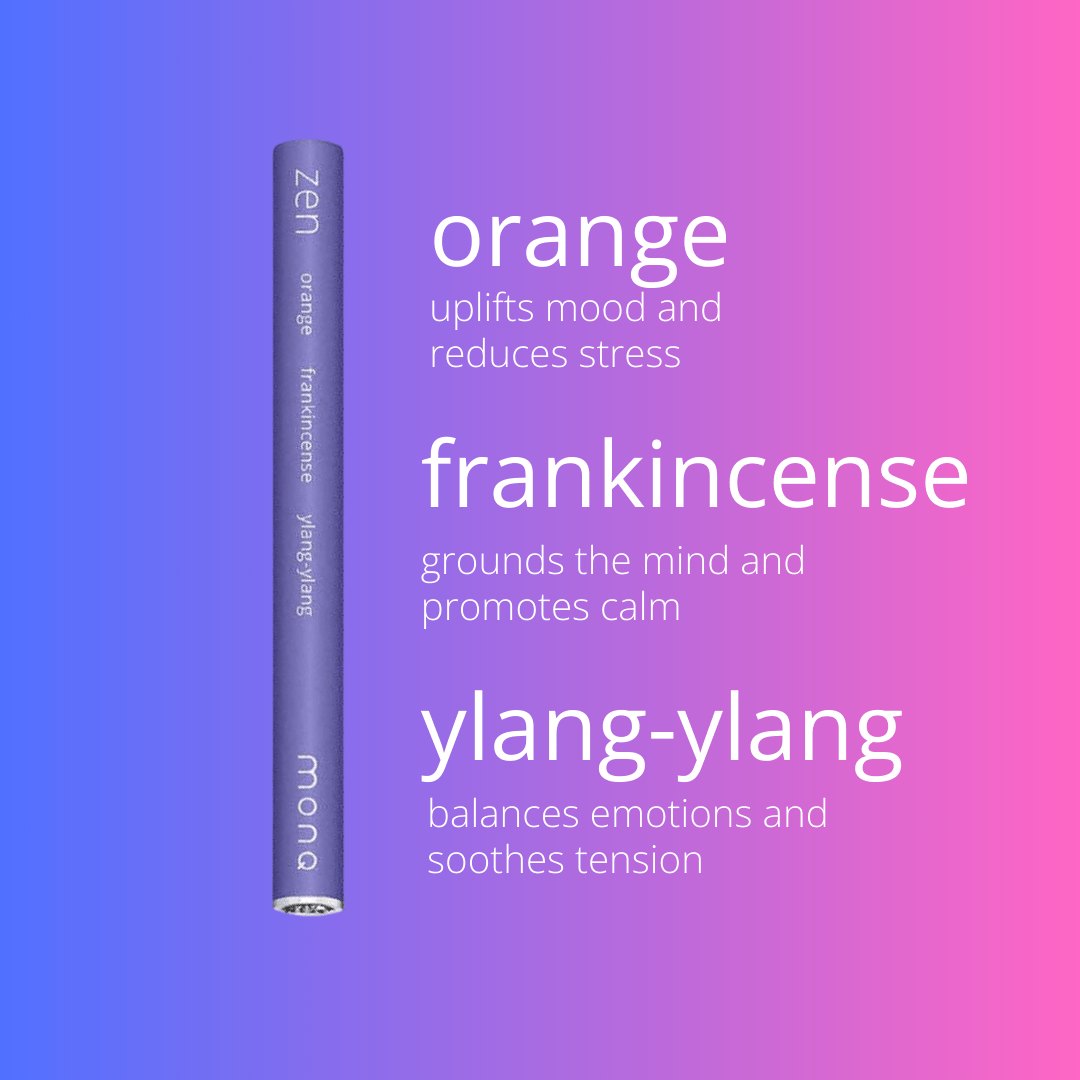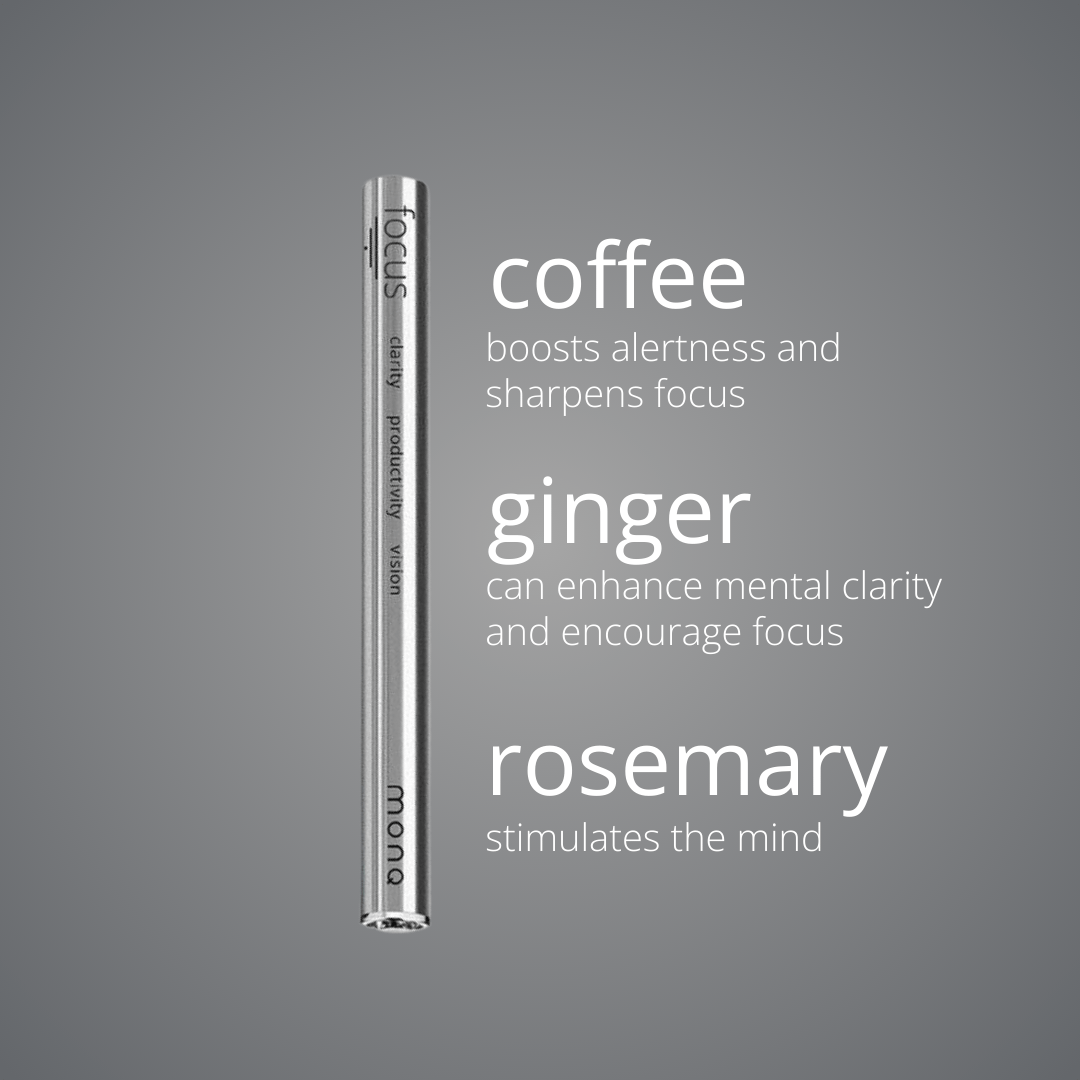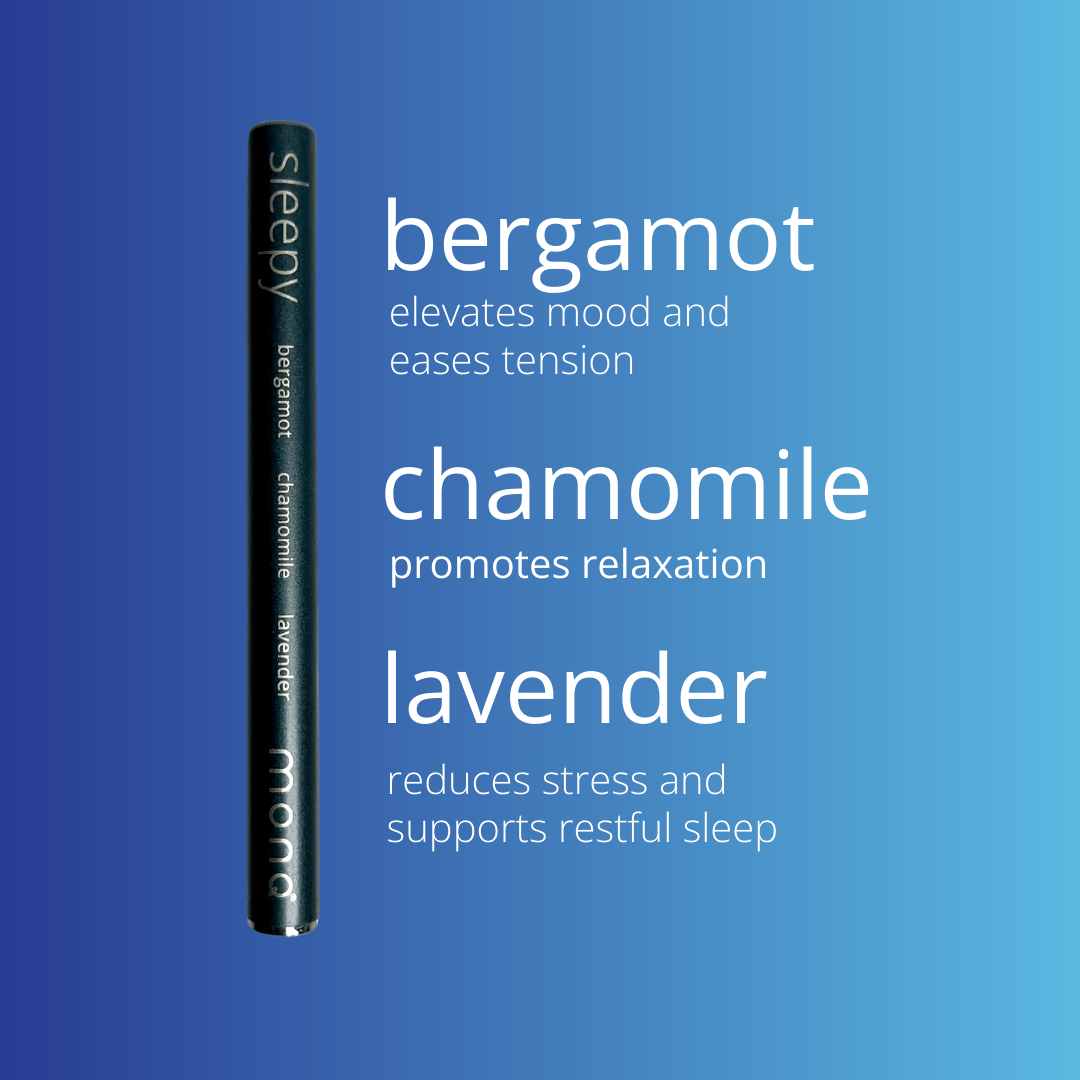Wellness Amidst Stress

Everyone encounters stress at some point in life. While short bursts of stress can be motivating, long-term stress takes a toll on both physical and mental well-being.
Understanding the Roots of Stress
Stress arises when individuals feel threatened, whether by a looming deadline or a literal predator. Regardless of the trigger, the body responds with heightened alertness—racing heart, tense muscles—hijacking the fight-or-flight response designed for survival.
The Body's Stress Response
Short-term stress can be invigorating, but prolonged stress wreaks havoc, manifesting in anxiety, palpitations, and even chronic discomfort. Stress-induced inflammation often exacerbates existing conditions, highlighting the intricate link between mental and physical health.
Navigating Stress
While eliminating stress entirely isn't feasible, managing it is crucial. Exercise, meditation, and cognitive-behavioral therapy offer effective coping mechanisms. Reevaluating lifestyle and relationships can also create a less stressful environment.
Aromatherapy, with blends like Sleepy (lavender and chamomile) and Zen (including ylang-ylang), may be beneficial in reducing stress and cortisol levels, aiding relaxation.
Listening to Your Body
Acknowledging stress is the first step in mitigating its effects. Whether it's setting boundaries at work or seeking support during tough times, addressing stressors is essential. Short-term coping strategies help, but long-term solutions, like job changes or debt management, ensure sustained well-being.
Final Reflections
Understanding the intricate relationship between stress and discomfort is vital. While research explores this link and the concept of neuroplasticity, empowering individuals to manage stress is paramount. Normalizing discussions around stress fosters a more compassionate society, encouraging individuals to prioritize their mental and physical health.








Leave a comment